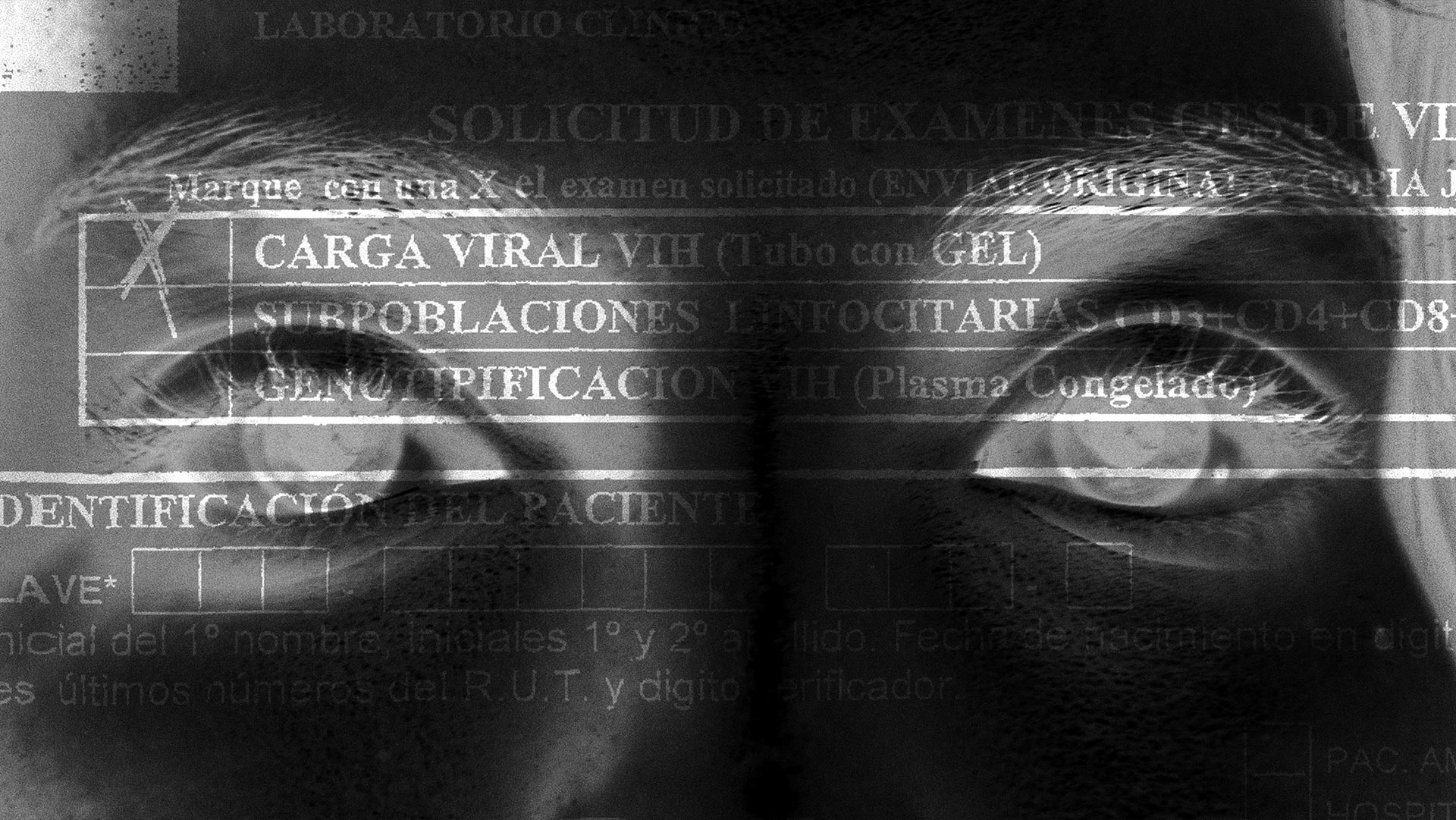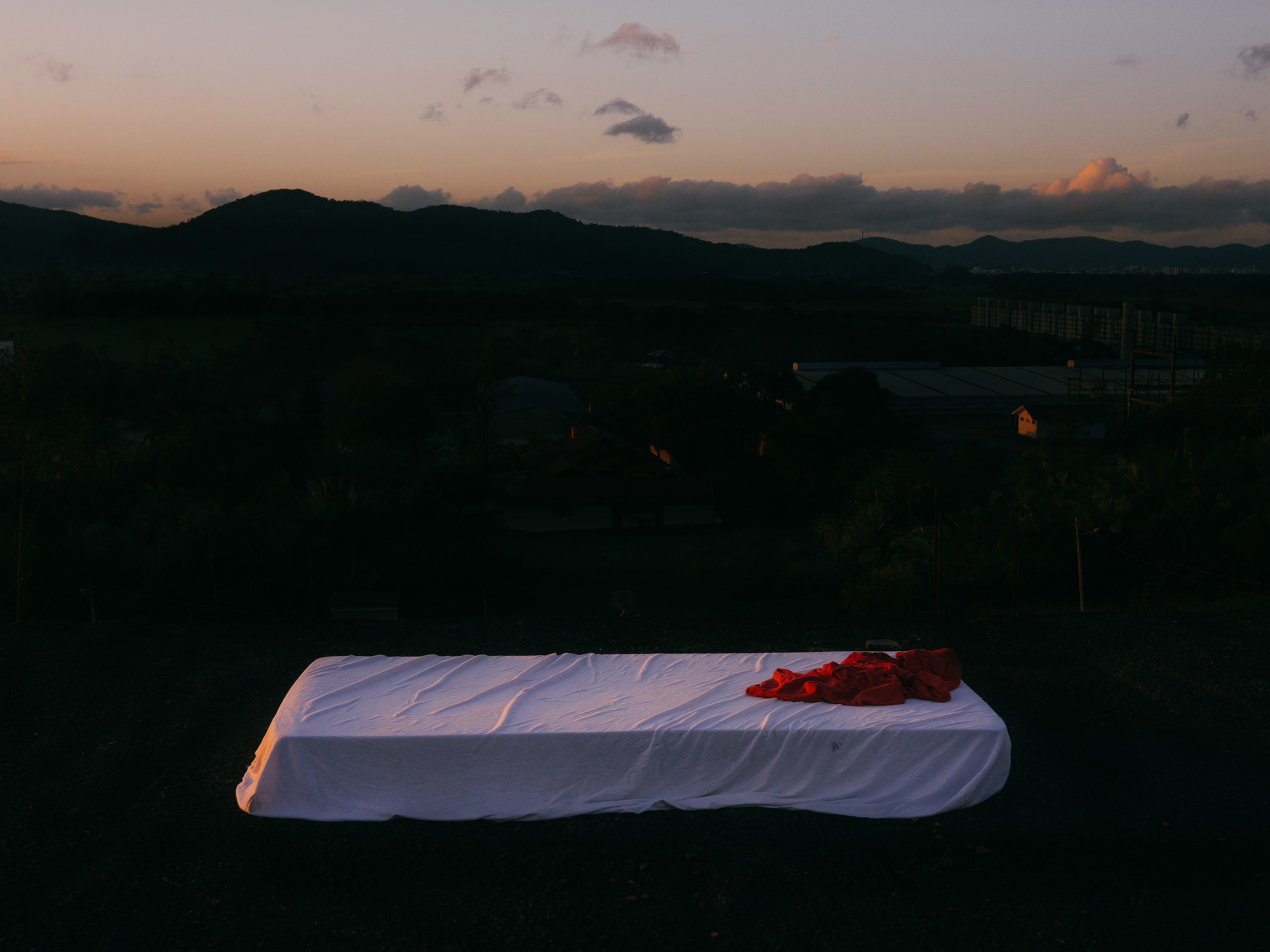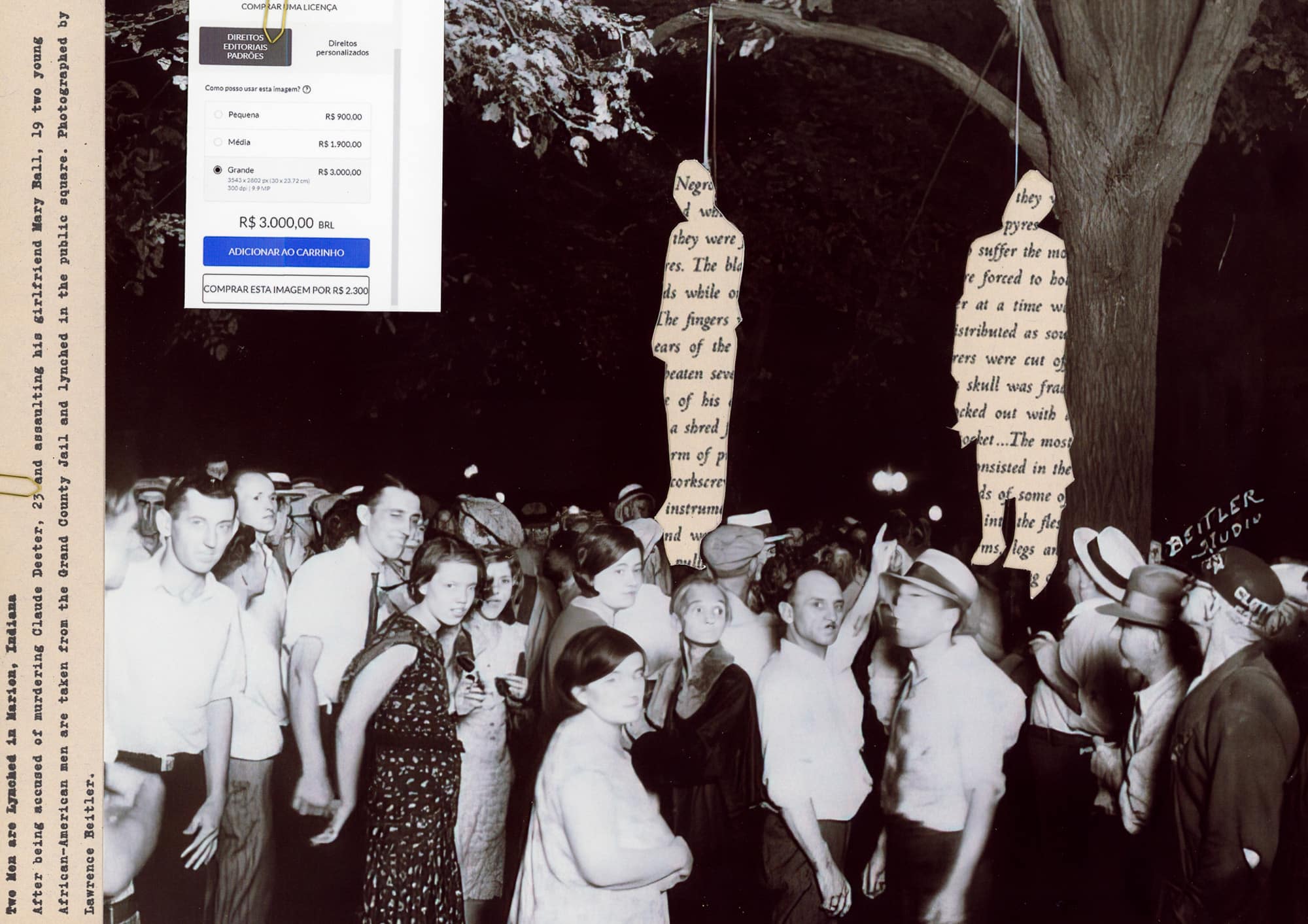This self-publication is also my passport | Fresco #5
What is the gesture of migrating as a Latin American artist? The photographers of Mitmaq decided to tell the story by settling from Bolivia, Argentina, and Peru to Spain. In their publications and from a decolonial perspective, they ask questions about the connections and distances between both territories while narrating their own story.
By Luciana Demichelis
While the city sleeps, Latin American migrants in Spain weave their network of stories. Some welcome them with open arms, and others look at them suspiciously. In this fabric of intertwined narratives, migration becomes a profoundly human experience, full of light and shadow, sadness and joy. After traveling to continue their studies in visual arts, photographers Alejandra Rocabado, Boris Mercado Mar, and Luciano Cagliardi created Mitmaq Ediciones, a self-managed project to self-publish their images, projects, and narratives in various formats.
In episode #5 of Fresco, our interview program about new voices in Latin American imagery, the authors of Mitmaq tell us about the challenges, issues, and lessons of working in a community by self-publishing their photographic projects.
Publication | Trenzando Memorias
What is Mitmaq?
In the Tahuantinsuyo, our ancestors called the first people to move through different territories “Mitmaes.” “Mitmaq” is a Quechua word used to refer to individuals displaced from one land to another. Using a Quechua word in Europe to identify ourselves is a statement of reclamation to let people know where we come from.
We are migrants in Spain and didn’t know what that meant. Being here means starting from less than zero, not from zero. It’s a constant exercise of validation and observing how discrimination is exercised at all levels: social, institutional, cultural, etc. When the migration experience becomes part of your life, you become deeply aware of the complexities and challenges of inhabiting a different space, and you can’t go back. This awareness translates into a unique perspective that questions differentiations based on your origin, passport, visual language perception through images, etc.
We came from a photojournalistic-documentary background in our countries (Peru and Bolivia), and the manifestations of the “procés” ruling of Catalan independence leaders in 2019 in Barcelona prompted us to go out and exercise (photographically) a bit but mostly to hit the streets to understand what was happening. In the streets, on the metro, and in bars, people were talking about it, only about that, and they also asked for our opinion, but as newcomers, we didn’t quite understand what was happening. Independence? Will they leave the European Union? What about immigration law? Can I work? What cultural elements are in dispute? What’s up with Barça? – We even saw Vargas Llosa speaking at a rally against independence once and thought, “What is this Peruvian doing here?”
Shortly before the pandemic, without papers to be able to work and looking for ways to fill the fridge, we put aside what we loved most. That’s when we got together during the lockdown and thought it might also be a good idea to self-publish and dust off previous works. When the copy shops reopened, we printed them in zine format. It’s practical, we said, so we can release things, get some fresh air, and not get stuck.
Once, we went to a bookstore and found a beautiful book on Latin American photography, a hardcover with impeccable prints. Oddly, they were all white men photographing the global South. That’s when we realized that we wanted to share Latin American photography made by Latin Americans. There are too many photographic perspectives from the “white” perspective with an emphasis on looking at non-Western countries. It’s interesting to see how they see themselves and those from outside.
Thus, Mitmaq Ediciones was born as a platform for collective creation and self-publishing dedicated to photography, coordinated by artists and photographers from Peru, Bolivia, and Argentina. We are responsible for accompanying the creative process of migrant photographers in Barcelona to diversify, showcase their work, and, above all, create a support network among ourselves. With the privilege of going back home, we share publications made in Latin America, pieces that migrate to tell their own stories.
“Using a Quechua word in Europe to identify ourselves is a feeling of assertion to let people know where we come from. This awareness translates into a unique perspective that questions differentiations based on your origin, passport, and visual language perception through images.”
How did you think about ‘migrating’ your work as well? What connections did you create with other publishers or projects?
As we began sharing Mitmaq_Editions at various European photography fairs and festivals, connections developed quite organically. Collaborations, work, and connections were woven gradually as our network expanded and evolved inside and outside the Kingdom of Spain.
Our ties transcend geographical borders, and when we return to our home countries, we continue to weave and strengthen these bonds. Collaboration and exchange have been fundamental pillars of our platform, and this constantly growing network remains a source of inspiration and mutual enrichment. As we progress, we hope to continue cultivating these connections and exploring new ways to collectivize our experiences and visions through photography.
Migration immerses us in a world of diversity and contrasts, where borders and barriers become more evident. It makes us reflect on breaking down stereotypes and prejudices and motivates us to share our experiences firsthand. At Mitmaq, this awareness becomes a creative driving force, and through it, we collectively address the issues that deeply affect us in our daily lives, making us stronger.”
Using a Quechua word in Europe to identify ourselves is a feeling of assertion to let people know where we come from. This awareness translates into a unique perspective that questions differentiations based on your origin, passport, and visual language perception through images.
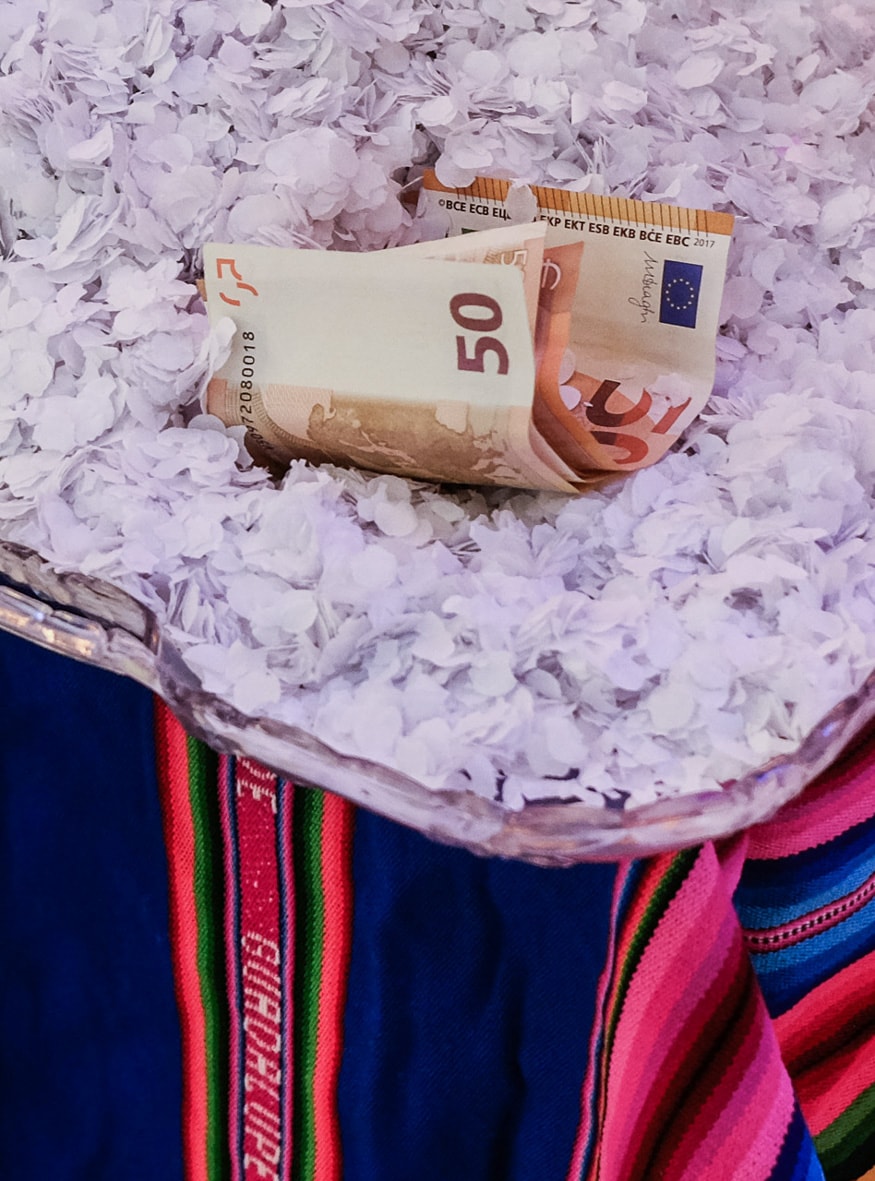
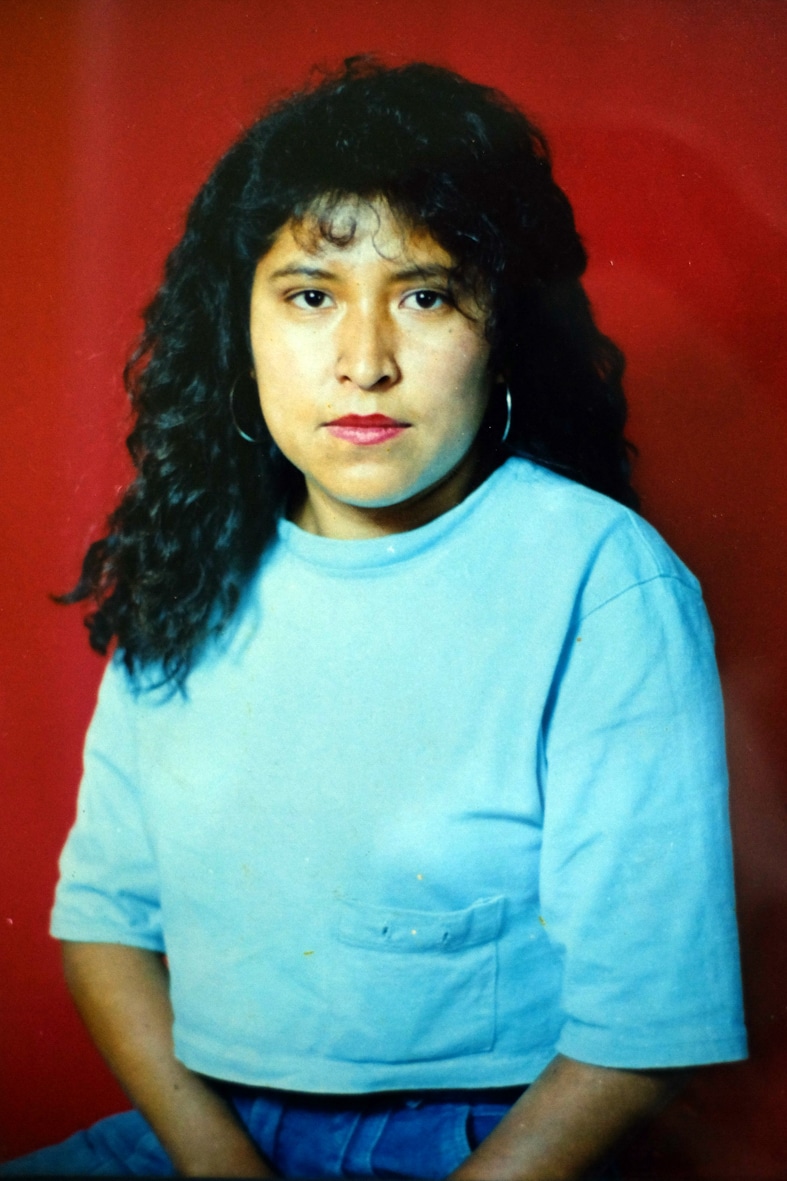
Alejandra Rocabado | Ayni
What challenges did self-management bring?
We have independence and the right to publish what we want. That is a right we didn’t know we had. We are tired of witnessing this verticality and supremacy in the photography institution, being subject to the judgment of our work, mostly by European individuals, perpetuating their power.
The economic aspect is one of the most significant in terms of investment and resources. However, these limitations have acted as catalysts for our creativity, driving us to explore multiple self-management options to achieve our goals.
We’ve learned to diversify our tools, and now we collaborate with workshops and discussions where we share reflections on identity construction and the role of photography in it. Our work speaks about the nuances of migration and questions and discusses notions of identity, memory, and rootedness. We have a responsibility to reflect on our prejudices and stereotypes. What makes us Latin Americans? Each work we share is a collective and personal narrative that seeks to align us through the reading of images.
Our biggest challenge is formalizing an association to access grants and support to sustain ourselves. We already have the necessary documentation, allowing us to better connect with spaces and individuals outside the hegemonic art movement to continue working on collective creation and the visibility of first-person themes.
Boris Mercado | Santa Elisa
What have you been working on recently?
This year has been quite exciting for us as we are presenting a series of projects in collaboration with collectives that share our philosophy and vision.
We have conducted collective creation sessions aimed at people who have experienced migration and are not part of the ‘creative’ world. There is significant discrimination against migrants who are not part of the artistic mainstream. These sessions provide a safe and enriching space where we share our memories related to work, family, and more and represent them in collective self-publications. It has been very enriching as it has led us to significantly expand and strengthen our network, initiating new projects with these individuals. We are firmly committed to promoting creativity and expression in the context of this transformative journey.
One of the most personal events on the horizon is the exhibition of Boris Mercado’s work, a partner and founder of the collective, who pours his heart and soul into his project titled ‘Santa Elisa.’ The presentation of a photozine, a market for migrant self-publications, a concert, workshops, and more will accompany this exhibition. It will occur at the Centre Cívic Golferichs on September 20th in Barcelona.
Furthermore, we are in the final stages of a beautiful project called ‘Polisemias del Silencio,’ in collaboration with Jiser and Saberes Migrantes. This proposal is presented in both printed format and an exhibition. It will be part of an exhibition at the Centre d’Arts Santas Mónica titled ‘What if Europe had never existed?’ This effort will offer a broad perspective on reflections and questioning of colonial, racist, and patriarchal thought and power.
Boris Mercado Mar | Santa Elisa
What would you recommend to someone who wants to start self-publishing their photographic projects?
Print them and see them in your hands, feel them with your fingertips, cut them, and play with them. Take actions without overanalyzing them, trust in this constantly growing network, and experience that fundamental embrace to turn our ideas into reality. Start appreciating and having confidence in our creative ability.
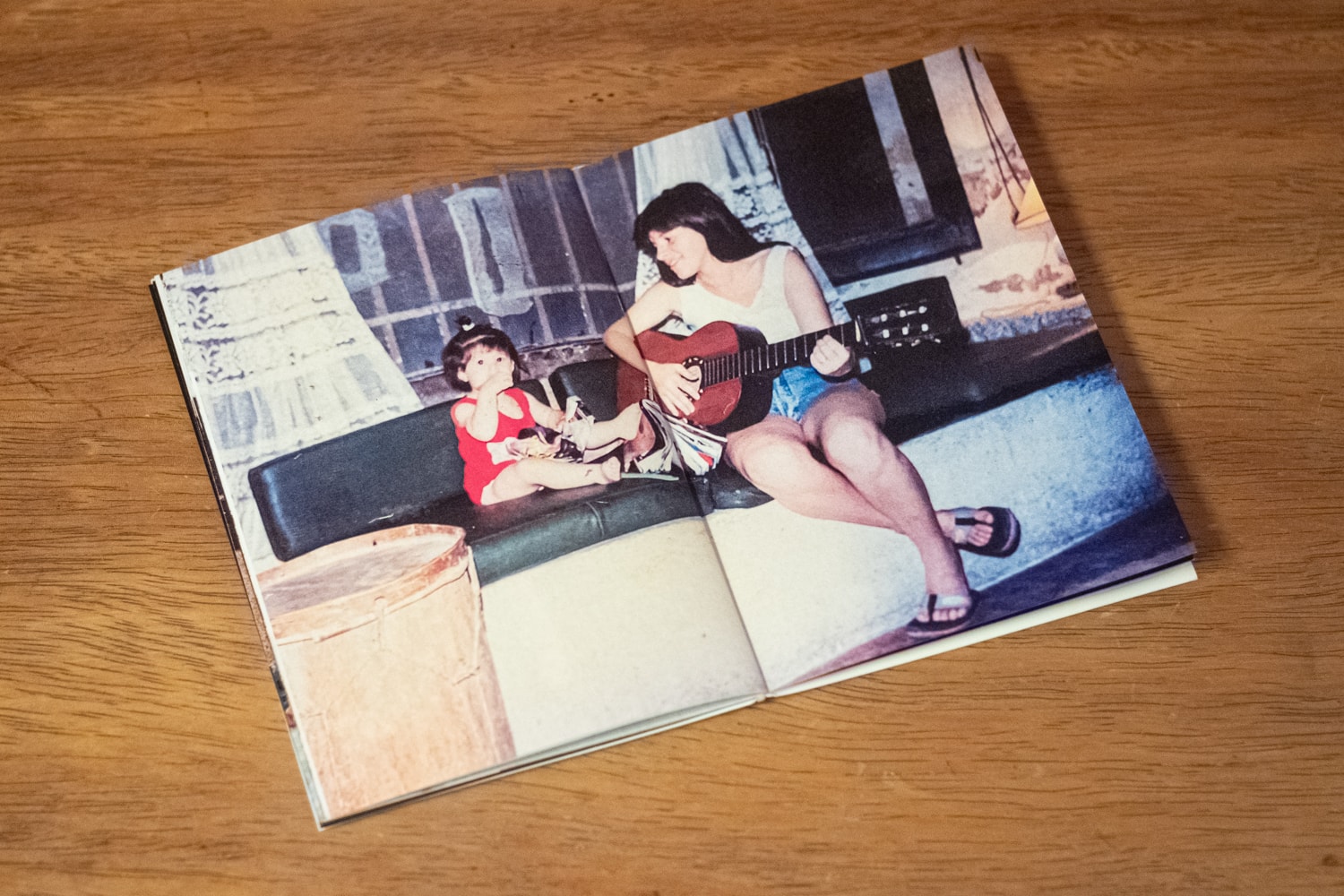
Publicación | Trenzando Memorias
